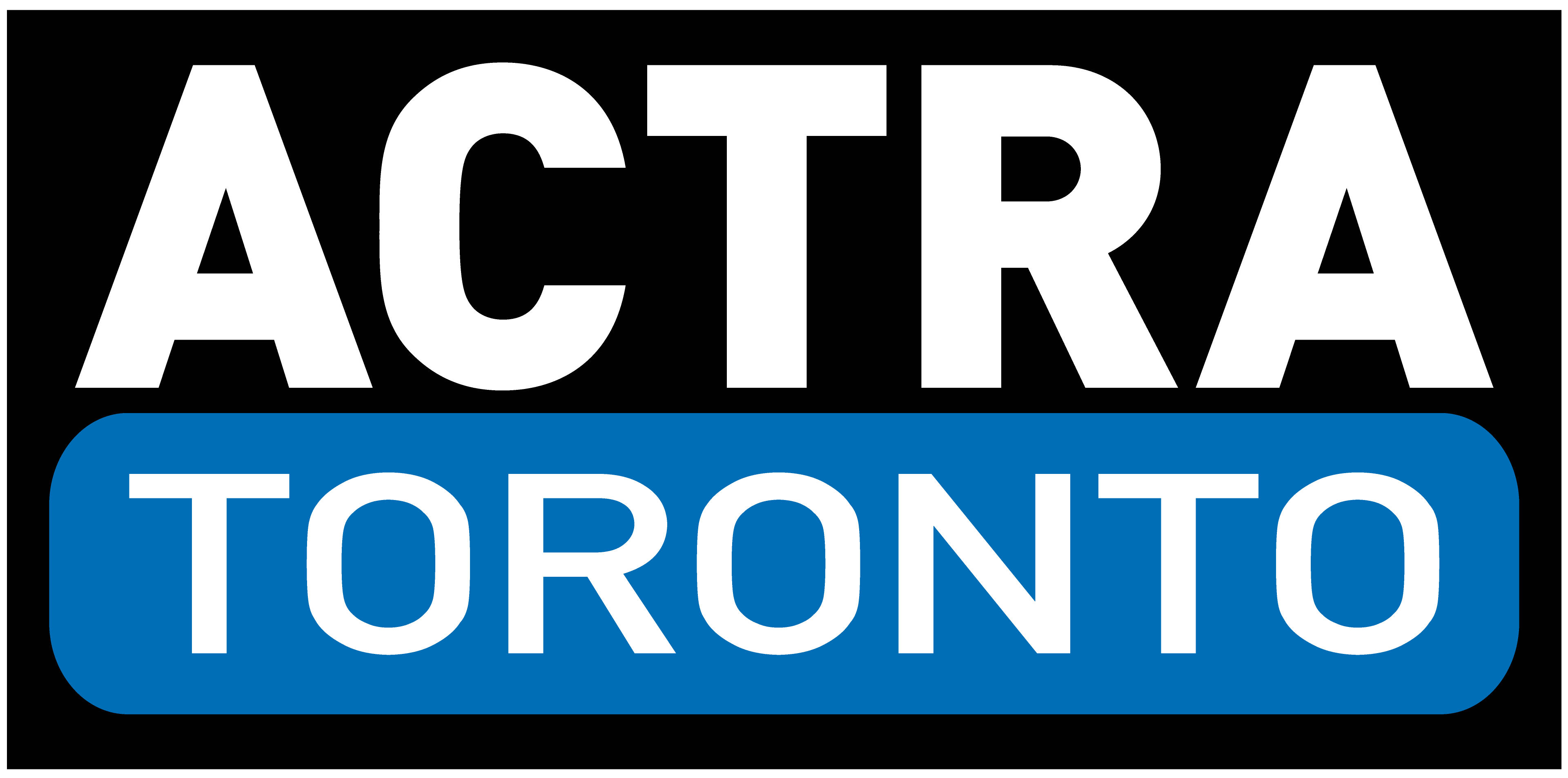Proof of Residency
As you may be aware, Producers often apply for industry tax credits and/or grants under provincial and federal programs. On request by a Producer, Performers are required to provide documentation sufficient to prove the Performer’s residency to enable the Producer’s receipt of tax credits and/or grants.
During the 2018 IPA Negotiations, ACTRA and the CMPA/AQPM agreed to issue the following bulletin on a semi-annual basis to their members who work under the IPA to meet requirements for receipt of these tax credits and/or grants (see IPA article A609 (e)). It is understood the documents required for establishing residency may change from time-to-time and, as such, the Parties agree to modify the bulletin accordingly.
IPA 2022-2024 – article A609:
(a) At the time of negotiation of a Performer’s contract of engagement or, in the case of a Background Performer, by their call time on their first day of engagement, the Performer shall supply to the Producer reasonable residency information sufficient to ensure that the Producer receives all federal and applicable provincial tax credits and/or grants. Such information shall be kept confidential and held in compliance with all applicable privacy legislation except to the extent necessary to obtain the production tax credits.
(b) A Performer engaged in Ontario shall also, at the time of negotiation of their contract of engagement or, in the case of a Background Performer, by their call time on his or her first day of engagement, supply to the Producer proof that they have successfully completed the Ministry of Labour’s Health and Safety Awareness Training for workers and/or supervisors, as applicable.
(c) Should the Producer inform the Performer and ACTRA that the Performer has failed to furnish appropriate residency information consistent with Section (a) above and the bulletin set forth below or has failed to furnish proof of completion of training as provided in Section (b) above, then the Performer shall have two (2) business days within which to provide the required information to the Producer. Should the Performer fail to do so within that time period, the Producer may cancel that Performer.
(d) A Background Performer who fails to furnish appropriate residency information consistent with Section (a) above and the bulletin set forth below or proof of completion of training as provided in Section (b) above by their call time on their first day of engagement may be cancelled and replaced immediately.
IPA A609 Performer Residency – Bulletin
The Canada Revenue Agency (“CRA”) has published new guidelines regarding the documents it deems acceptable to satisfy proof-of-residency requirements in order for a production to qualify for tax credits and/or grants. Specifically, the Guidelines provide that residency may be established by providing a copy of:
One of:
a. A notice of Assessment (T1) indicating that the individual is a Resident of Canada/the applicable province for the relevant tax year;
b. A letter from the CRA giving an opinion of the individual’s resident status for the relevant years, after the individual has completed a Determination of Residency Status form; or
c. A long-term (one year or greater) lease or proof of purchase of a Canadian dwelling with a utility bill or cellphone bill showing the individual lives at the applicable Canadian address; or
Three of:
a. The last tax return filed in the country of origin and/or any document filed with the foreign tax authority in which the individual has declared that they are no longer a resident;
b. A short-term (less than a year) lease agreement or letter from a landlord supporting a rental agreement;
c. A provincial health card* and/or services card for the individual, their spouse and/or dependent (*not applicable in Ontario);
d. A driver’s licence or vehicle registration from the relevant province. A provincial or territorial services card that includes health care and a driver’s licence will count as two documents;
e. Document(s) supporting professional association or union membership in Canada; or
f. Statements of accounts (for example: bank accounts, retirement savings plan, credit cards, securities accounts) from a Canadian branch of a financial institutions.
Click here for a copy of the CRA Guidelines and Entertainment Partners Guidelines.
If you are engaged through a loan-out corporation, you may be asked to provide to the Producer the loan-out corporation’s most recent Notice of Assessment as well as the most recent Schedule 50 indicating whether the loan-out corporation has single or multiple shareholders. If the loan-out corporation is newly-formed and has not yet filed tax returns, you may be asked to provide a Shareholder Register.
Other relevant taxing authorities may require certain documents that differ from the above list to establish eligibility for tax credits or other incentives.
In Ontario: Ontario residents are individuals who were resident in Ontario for tax purposes at the end of the calendar year prior to commencement of principal photography. More information can be found
here.
These Guidelines should be reviewed to ensure the documents being requested and produced are sufficient to establish residency.
If you have any questions regarding the Guideline or performer residency documentation requirements, please contact ACTRA Toronto: info@actratoronto.com.
Click here to download the bulletin in PDF form for your records.
EP Residency App
Entertainment Partners’ Canada invites performers to sign-up and create an account on the EP Residency application, which allows account holders to upload copies of the documents that support their Canadian and provincial residency to the application. In the future, when hired on a production that is accessing EP’s Residency application, the account holder can use the system to securely share residency documents with that production. Read more…
